Language English German. Pemper was 19 years old when Nazi Germany invaded Poland in Europa i świat They also named him as an honorary citizen in Personal Name Pemper, Mieczysław, Koniec PRL. II wojna światowa. Oral history interview with Leo Rosner Oral History Leo Rosner describes his experiences as an inmate of Płaszów, Brinnlitz, and Gross-Rosen camps from to ; playing accordion at Amon Goeth's parties at Płaszów; Goeth's violent threats; the atmosphere of the parties; his first impressions of Oskar Schindler; Schindler's list; the differences between Płaszów and Brinnlitz; the story of Schindler retrieving Rosner's accordion from Gross-Rosen; his fears for his wife's safety in Auschwitz; Schindler's character; Goeth protecting the Rosner family and his unpredictable nature; the SS need for music; Schindler's drinking; the unlikelihood of surviving the war and being saved by Schindler; Schindler's character; the non-productivity of Brinnlitz; and their debt to Schindler. Those on the list, including Pemper himself, were transferred to Schindler's new factory located in Brněnec , Czechoslovakia , in October Related news. Quotes [After protesting segregation for Jewish students at Jagiellonian University]: For the first time, I became aware that my native country didn't really want me, a Jew, to live there. Jeden użytkownik uznał opinię za pomocną.
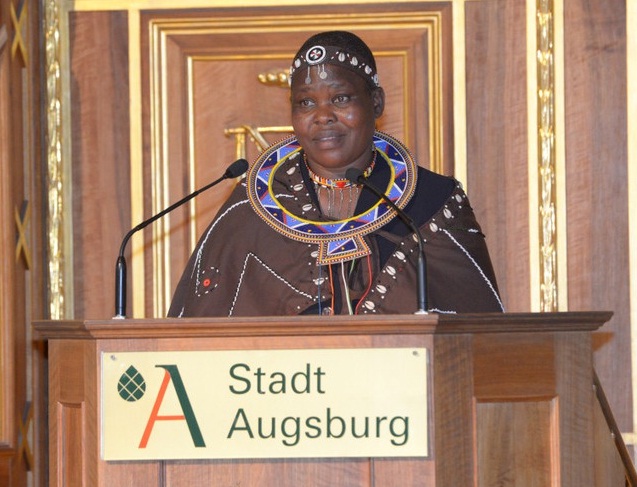
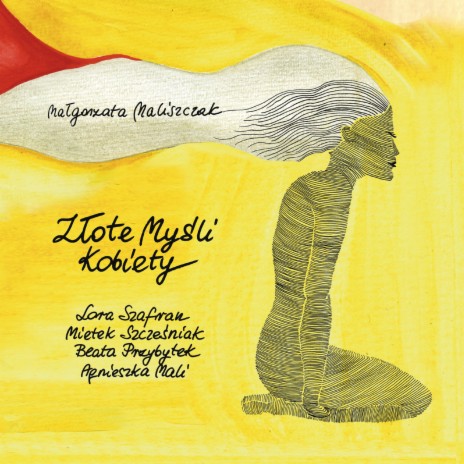
Viktoria Hertling lässt uns bei den Gesprächen und Beschreibungen wie unmittelbar mit anwesend sein. These additional online resources from the U. Powrót na górę strony. Zbrodnia wołyńska. Ankieta na lecie. Metody płatności. IMDb Filmy, seriale i gwiazdy. Najlepsze opinie o produkcie.
Spis treści
Pemper personally alerted Schindler to the plans and persuaded him to switch production from enamelware to anti-tank grenades to save Schindler's workers. See the full list. Dziedzictwo kulturowe. Göth was sentenced to death and executed in Recenzje klientów, w tym oceny produktu w postaci gwiazdek, pomagają klientom dowiedzieć się więcej o produkcie i zdecydować, czy jest dla nich odpowiedni. Contribute to this page Suggest an edit or add missing content. Sign In Sign In. Oral history interview with Sol Urbach Oral History Sol Urbach, born in October 25, , describes his pre-war life near Krakow, Poland; his family living in Romania from then returning to a town outside Krakow; avoiding the Krakow Ghetto; being selected for Oskar Schindler's Emalia ; details about Emalia; Schindler warning Jews of the ghetto liquidation and keeping workers at Emalia; losing family in the liquidation; Schindler's enjoyment of life and business and his contacts with the German military and SS; the reduction of the Emalia workforce in August ; being selected by Schindler; the politics of the Brinnlitz list; the crash of an Australian pilot over Emalia in the summer of ; his chance selection for Emalia; his work there and relationship with Schindler; and the reduction of the Emalia workforce in August Powrót na górę strony. Retrieved 26 June The Road to Rescue.
Strona główna – PemperWiki
- Metody płatności.
- Był również honorowym obywatelem Augsburga.
- Research family history relating to the Holocaust and explore the Museum's collections about individual survivors and victims of the Holocaust and Nazi persecution, mietek pamper.
- Warunki użytkowania i sprzedaży Informacja o prywatności Dane kontaktowe Cookies Reklamy dopasowane do zainteresowań © Amazon.
Search this record's additional resources, such as finding aids, documents, or transcripts. No results match this search term. Check spelling and try again. Richard Horowitz, born in May of , describes his recollections of being filmed at age five at the liberation of Auschwitz, Poland by the Soviet Army in January ; his mother finding him in a Krakow orphanage; his mother finding his father; his impressions of Auschwitz and being hidden by people while he was there; his vague recollections of Oskar Schindler; his love for potatoes after the war; his attitude towards being saved by Schindler; and the liberation of Auschwitz. Victor Lewis describes building Płaszów in ; his name being put on the Brinnlitz list by Marcel Goldberg; his involvement with the Polish underground at Brinnlitz; obtaining weapons from the Czech underground; the situation in Brinnlitz after the departure of Oskar Schindler and the role of the underground; the hanging of a Kapo; and the opening of a frozen train of people from Goleszow. Edith Liebgold describes the Krakow Ghetto, including the overcrowding, living conditions, forced labor, and identity papers; her selection for work at Oskar Schindler's Emalia; her first impressions of Schindler and believing in his promises; life in Emalia, including the food, living arrangements, and working conditions; incidents illustrating Schindler's kindness towards Jews and respect for their religion; her future husband's transfer to Emalia, which was arranged by Schindler, and his failure to get on Brinnlitz list; her first impressions of Schindler and immediate trust; her experiences in Auschwitz, including her feelings on arrival, the status of Schindler women, her doubts, and maintaining faith in Schindler; working and living conditions at Brinnlitz; Schindler's gift of material to workers at end of war; surviving the war; Schindler's motives in saving Jews; and Schindler taking a father's role at her marriage in Regensburg in Julius Madritsch describes his hatred of war; choosing Polish industry to avoid conscription in ; his feelings for Poland as part of the former Austrian empire; the registration of the Polish workforce; how he and Oskar Schindler saved lives through employment; the arrangement for his workers from the Płaszów uniform factory to join Schindler at Brinnlitz; Raimund Titsch's role; the payments to the SS for Jewish workers; the aim of Madritsch and Schindler to save the lives of workers; Schindler's character; Amon Goeth's character and dealing with him; and his relations with Schindler. Ludmila Pfefferberg, who was from Łódź, Poland, describes the conditions in the Krakow Ghetto, including the selections, accommodations, work certificates, and the aktions; Płaszów living conditions and work; arriving at Auschwitz October , their treatment and her belief in Oskar Schindler; hearing about the Brinnlitz list; Poldek Pfefferberg's errands for Schindler; more details about Auschwitz, including the appalling living and sanitary conditions, roll calls, selections, sleeping conditions, hunger, and the smell; arriving at Brinnlitz and the women's appearance; her first impressions and Schindler's welcoming speech; seeing her husband; believing they were safe; their living conditions; the comparison of Auschwitz to Brinnlitz; Schindler's protection; unskilled workers and the non-productivity of Brinnlitz; and her feelings upon liberation. Henry Rosner describes his experiences as inmate of Płaszów camp from to ; playing violin in the camp; the character of the camp commandant, Amon Goeth; Goeth's party guests; Oskar Schindler's demonstrations of sympathy towards him; a story of how his melancholic music influenced a SS officer to commit suicide; Schindler reclaiming Rosner's violin; his experiences as an inmate of Płaszów and Auschwitz camps between and ; the kindness of a SS officer en route to Auschwitz; seeing the women in a transport train leaving Auschwitz; his opinion of Schindler; an incident of SS brutality sickening Schindler; Schindler's behavior at Goeth's parties; and his impressions of Schindler. Leo Rosner describes his experiences as an inmate of Płaszów, Brinnlitz, and Gross-Rosen camps from to ; playing accordion at Amon Goeth's parties at Płaszów; Goeth's violent threats; the atmosphere of the parties; his first impressions of Oskar Schindler; Schindler's list; the differences between Płaszów and Brinnlitz; the story of Schindler retrieving Rosner's accordion from Gross-Rosen; his fears for his wife's safety in Auschwitz; Schindler's character; Goeth protecting the Rosner family and his unpredictable nature; the SS need for music; Schindler's drinking; the unlikelihood of surviving the war and being saved by Schindler; Schindler's character; the non-productivity of Brinnlitz; and their debt to Schindler. Sol Urbach, born in October 25, , describes his pre-war life near Krakow, Poland; his family living in Romania from then returning to a town outside Krakow; avoiding the Krakow Ghetto; being selected for Oskar Schindler's Emalia ; details about Emalia; Schindler warning Jews of the ghetto liquidation and keeping workers at Emalia; losing family in the liquidation; Schindler's enjoyment of life and business and his contacts with the German military and SS; the reduction of the Emalia workforce in August ; being selected by Schindler; the politics of the Brinnlitz list; the crash of an Australian pilot over Emalia in the summer of ; his chance selection for Emalia; his work there and relationship with Schindler; and the reduction of the Emalia workforce in August These additional online resources from the U. Holocaust Memorial Museum will help you learn more about the Holocaust and research your family history. The Holocaust Encyclopedia provides an overview of the Holocaust using text, photographs, maps, artifacts, and personal histories. Research family history relating to the Holocaust and explore the Museum's collections about individual survivors and victims of the Holocaust and Nazi persecution. This reference provides text, photographs, charts, maps, and extensive indexes. Interviewee Mietek Pemper. Interviewer Jon Blair. Date interview: January Language English German.
Portal dzieje. Pemper był więźniem hitlerowskiego obozu koncentracyjnego w Krakowie-Płaszowie. Pracował jako kancelista i stenograf komendanta obozu Amona Goetha. Mając dostęp do poufnych dokumentów, poznał plany likwidacji niemieckich obozów, nieistotnych dla produkcji na potrzeby wojny. Przekazanie tej informacji Schindlerowi mietek pamper uchronić przed zagładą około żydowskich więźniów z Płaszowa, mietek pamper, których przedsiębiorca zatrudniał w swojej fabryce. Po wojnie Mieczysław Pemper studiował w Polsce socjologię i ekonomię. Był świadkiem na procesach nazistowskich zbrodniarzy wojennych w Polsce, w tym w procesie Amona Goetha. W r.
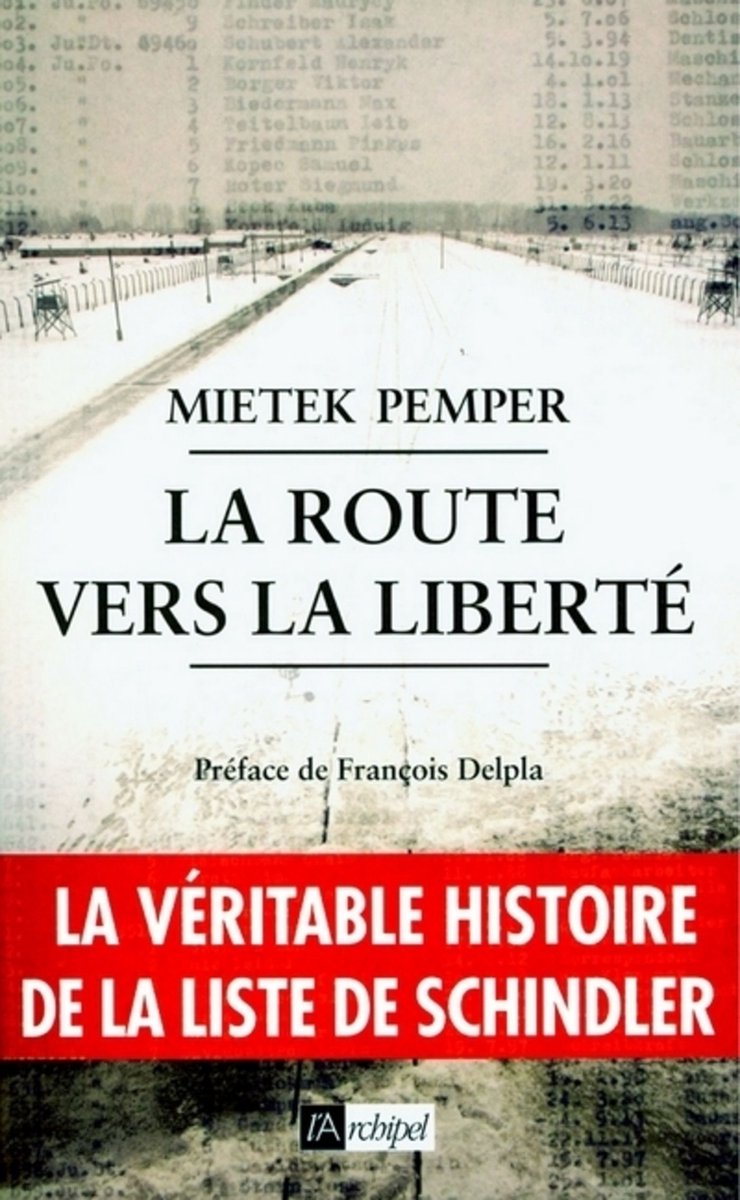

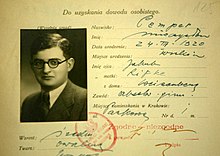
Mietek pamper. Zmarł Mieczysław Pemper, pomocnik Oskara Schindlera
Recenzje klientów, w tym oceny produktu w postaci gwiazdek, pomagają klientom dowiedzieć się więcej o produkcie i zdecydować, mietek pamper, czy jest dla nich odpowiedni. Aby obliczyć ogólną ocenę w postaci gwiazdek i procentowy podział według gwiazdek, nie używamy prostej średniej. Zamiast tego nasz system bierze pod uwagę takie kwestie, jak aktualność recenzji i czy recenzent kupił produkt w serwisie Amazon, mietek pamper. Analizuje również recenzje w celu zweryfikowania wiarygodności. Opcje zakupu i dodatki. Als dessen persönlicher Stenograph verschaffte sich der damals jährige polnisch-jüdische Häftling rasch Einblick in die Verwaltungsstrukturen des Lagers Płaszów und bekam sogar Kenntnis von geheimen Plänen der Nazis zur Liquidierung tausender Mithäftlinge. Oskar Schindlers mutige Rettungsaktion ist inzwischen weltbekannt. Mietek Pempers klug eingefädeltes Täuschungsmanöver war eine unverzichtbare Vorbedingung für Oskar Schindlers berühmte Liste. Mietek pamper błąd z tym mietek pamper. Previous page. Długość wersji drukowanej.
Physical Details
Sign In Sign In. New Customer? Create account.
Jak działają opinie klientów i oceny Recenzje klientów, w tym oceny produktu w postaci gwiazdek, pomagają klientom dowiedzieć się więcej o produkcie i zdecydować, czy jest dla nich odpowiedni, mietek pamper. Jeden użytkownik uznał opinię za pomocną.
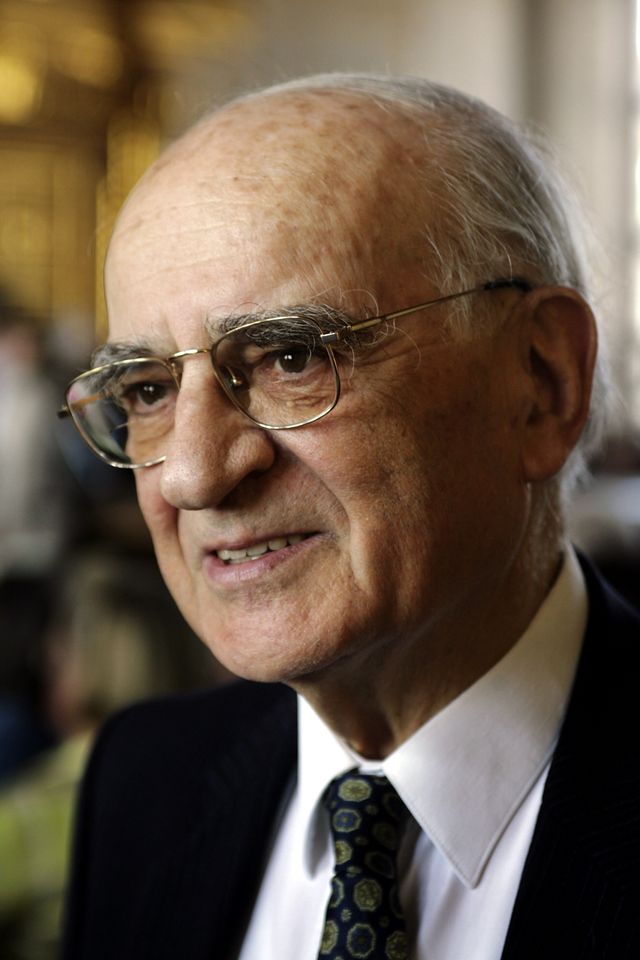
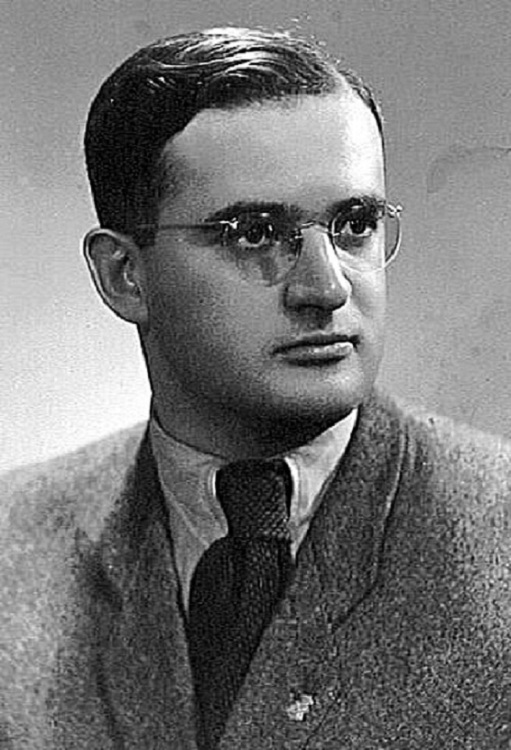
Precht entlarvt Maischberger als dumme Tussi ! - dumm wie Bohnenstroh und AfD-Broder
0 thoughts on “Mietek pamper”